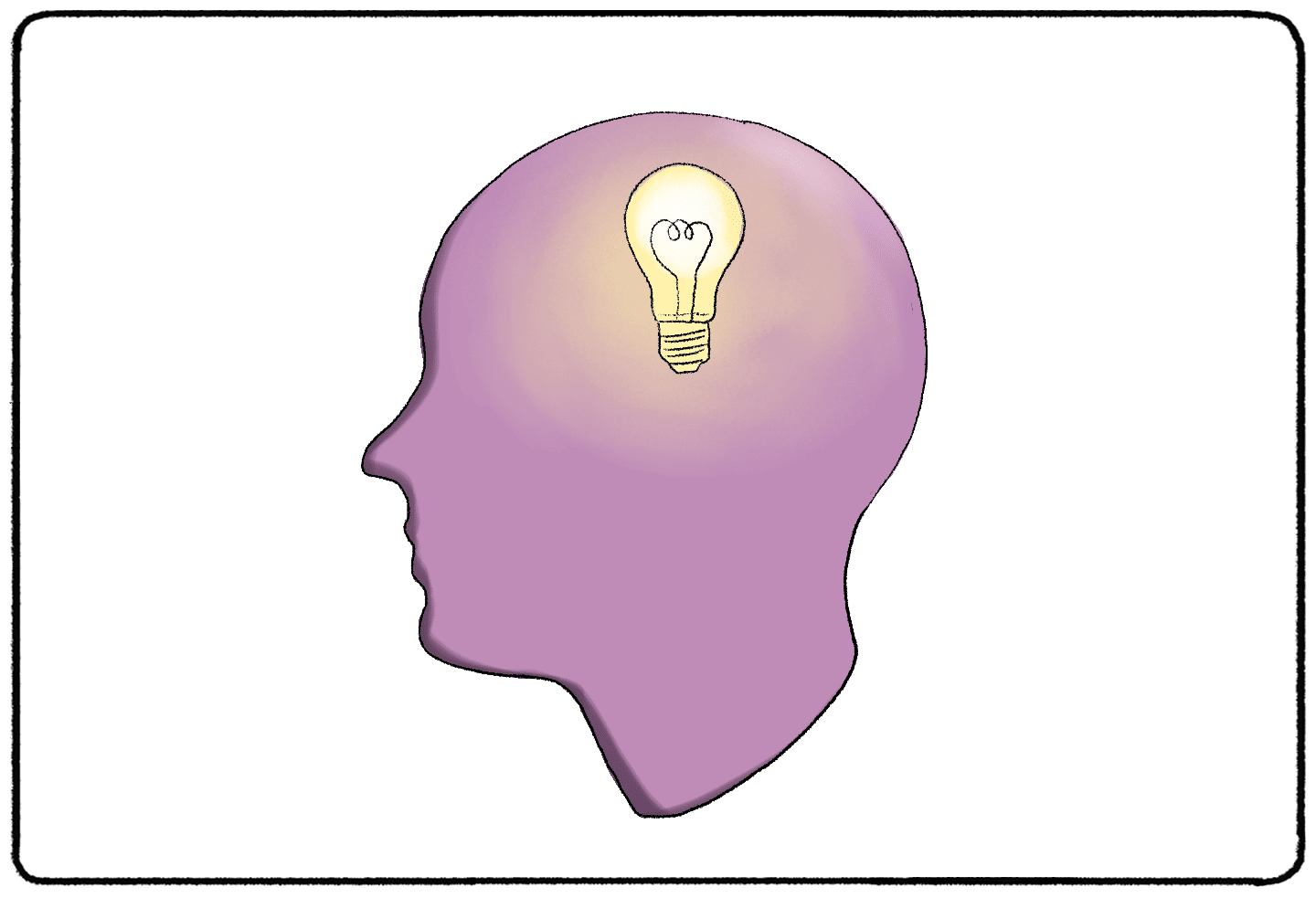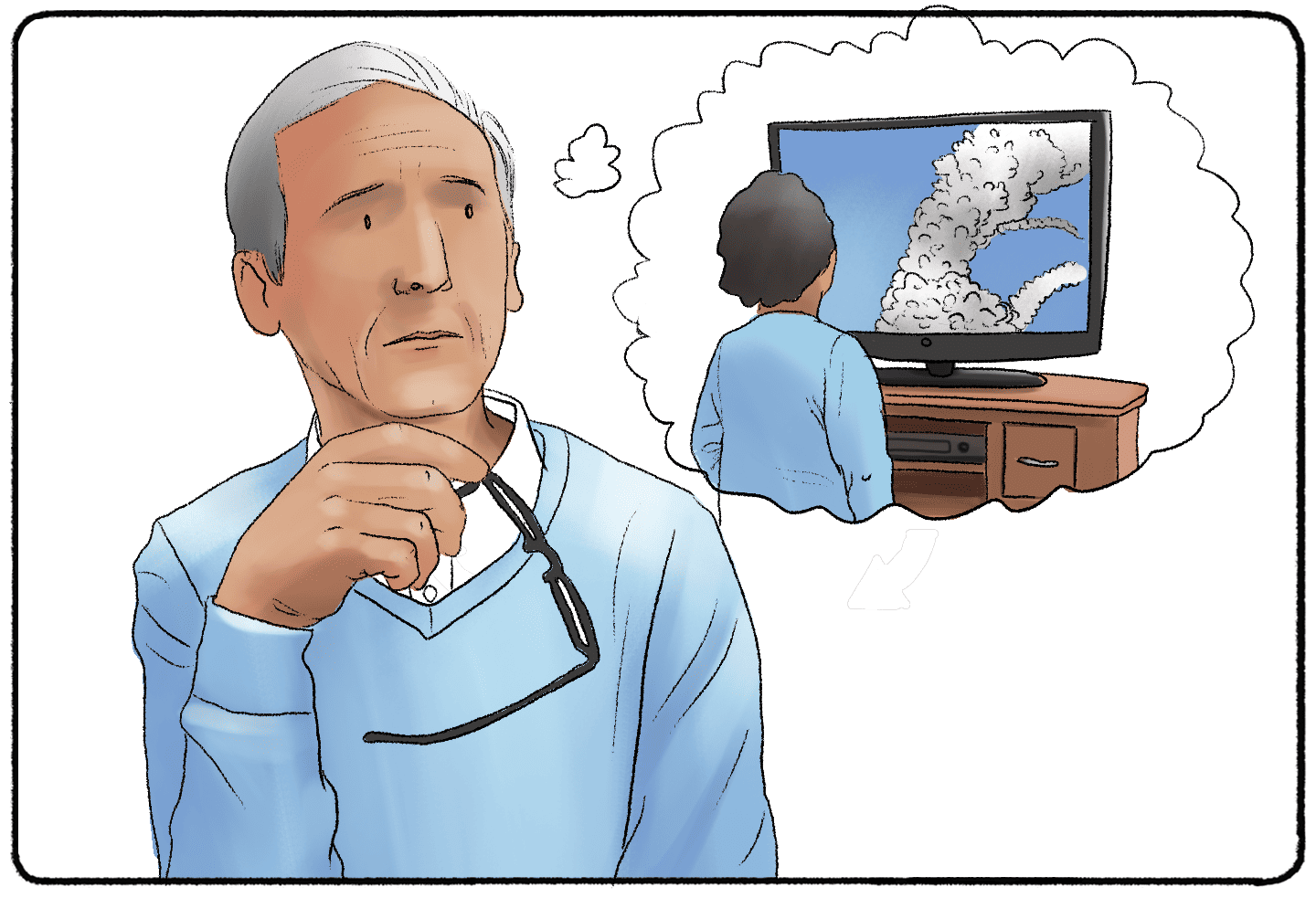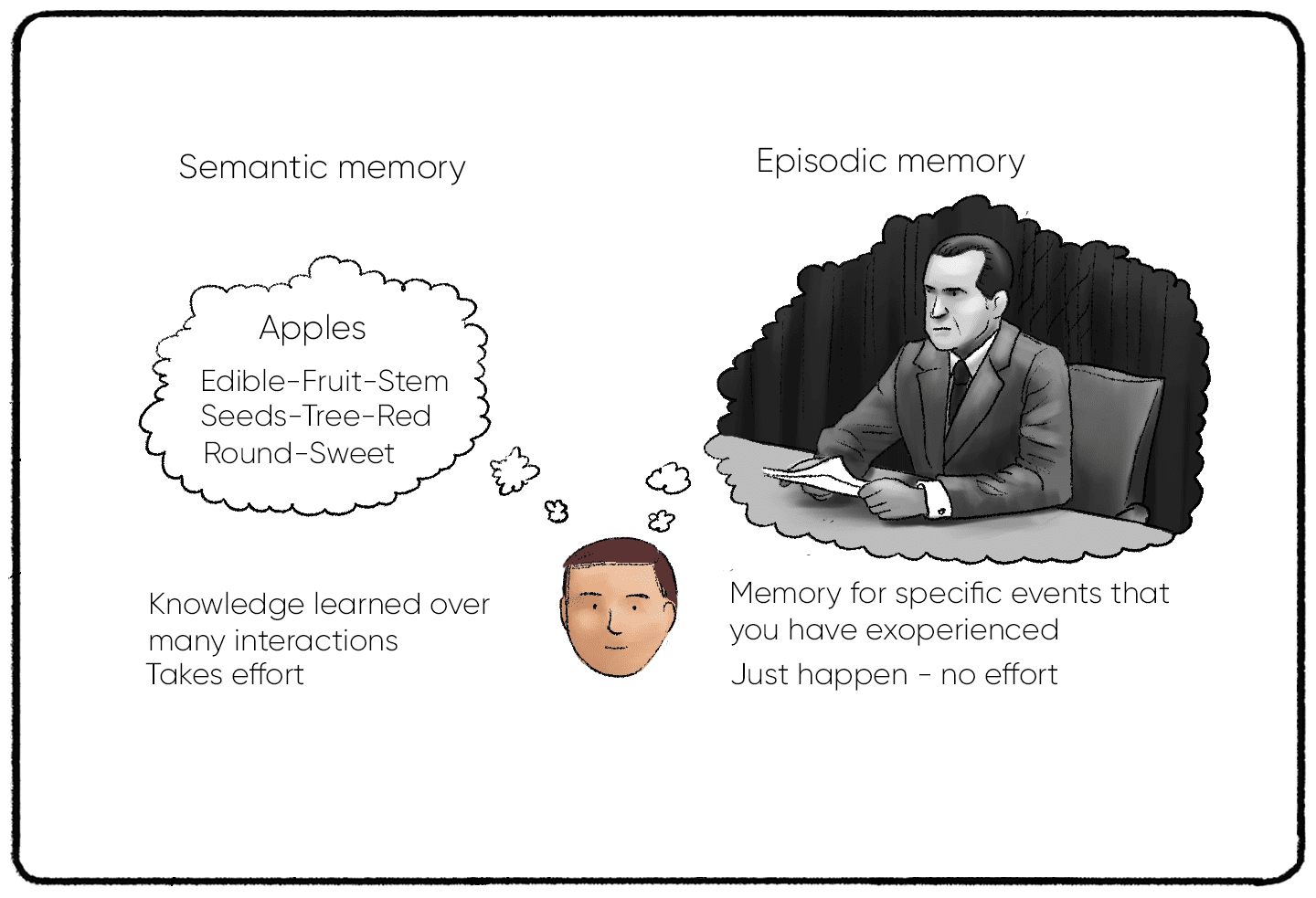Do you remember where you were when you heard about the 9/11 attacks? What about when Trump, Obama, or Bush were elected? These memories tend to stick out more than others. We can recall where we were when we got the news of a significant event in history, but the memories before and after that event may be very hard to grasp.
Psychologists have a specific name for this type of memory: flashbulb memories. And although we are extremely confident in these memories, we may not be as accurate as we think.
What Are Flashbulb Memories?
Flashbulb memories are quick “snapshots” of significant moments in history. They usually involve watching something on the news or hearing news of an event. These snapshots are so vivid that a person may remember exactly where they were, who they were with, and the feeling of everyone in the room.

While most people have flashbulb memories that go back to the Challenger explosion, JFK assassination, or 9/11, they have existed in literature for at least a century. Before the 1900s, writers gave their accounts of hearing that President Lincoln had been assassinated.
Not everyone has flashbulb memories of every significant event in history. Not every event in history is significant to everyone. The level of significance, and the context of the event, may play into why flashbulb memories are formed and stick in our brains in the way that they do.
Flashbulb memories may also involve events in your personal history. The first time you saw your baby sibling or the moment you got accepted into college may stick out so vividly in your memory.
Why Are They So Vivid?
If you were born between 1985-1996, the 9/11 attacks may be the most significant event to happen in your lifetime. Or it may be the election of President Obama. If you didn’t grow up in America, it may be a different memory entirely. If you were born before 1985, earlier events may also stick out as flashbulb memories.
Memorable or powerful events are more likely to stay vivid in our long-term memory because there is often so much emotion behind them. The news of the 9/11 attacks or Martin Luther King’s assassination were immensely tragic to people hearing them for the first time.

We don’t just feel sadness as a person when we hear about these tragic news. Our identity is often tied to these events. The 9/11 attacks is likely more significant to someone living in America than someone living in Australia or Cameroon. News about the end of Apartheid is likely more significant to someone living in South Africa than someone living in the United States or Costa Rica.
These close ties to an events, along with other factors like age, make these memories especially important. And as they are repeated and recalled throughout the years in history classes or casual conversation, the memories are repeated and recalled again and again. You have probably recalled what you were doing on September 11th much more frequently than what you were doing on September 10th.
Episodic Memories
Flashbulb memories are a special type of episodic memory. Episodic memories play out like an episode of television. When you recall the memory, you may remember the sights, sounds, and smells. The memory is solely from your perspective.
These personal facts differ from what is called semantic memory, which gives context to your episodic memories. Semantic memories are general facts and knowledge. The knowledge of what a plane is, where New York City is, and who George W. Bush is all fall under the category of semantic memories.

The personal facts, including the sight of George W. Bush’s face on the news or the people who broke the news of 9/11, are all considered part of your episodic memory. The significance of the memory, as well as the vividness in which you can recall the memory, make it a flashbulb memory. Think of it as a snapshot in time.
Characteristics of Flashbulb Memories
One of the things that make a flashbulb memory so significant is that people are confident in their flashbulb memories. This is partially due to the vividness in which they can recall the memory or how the memory fits into the person’s overall history.
But is this confidence unfounded? Some studies say it could be. A study published in 2015 showed how flashbulb memories might get skewed over time. During the study, researchers sent out surveys to people immediately after 9/11, and then periodically until 2011. The surveys included questions about where the people were when they found out about 9/11, who they were talking to, how they felt.
The researchers evaluated the memories as they were recalled throughout the years. About 200 participants answered all of the surveys. A year after the event, ⅔ of what the people recalled reflected their original memories. Ten years later, only 60% of the information was accurate.
Speaking of data and memories, did you know you can get a numeric value of your memory score? Our 3-in-1 test uses a few different layouts to test your memory. After finishing, you'll be assigned a score, which you can compare to the general population.
The research also revealed that these memories may be twisted into one direction over time. If misinformation was added at some point throughout the 10 years, it was likely to stick in the person’s memory throughout the rest of the study. These pieces of misinformation, however false, became part of the vivid memory due to the frequency in which they were recalled.
What Do Flashbulb Memories Teach Us About Memory?
Maybe it’s a good idea to write these memories down in a journal! Flashbulb memories show just how tricky our memories can be. It’s also interesting to see the connection between our memories and our identity and culture. What do your most vivid memories say about your personal history?
